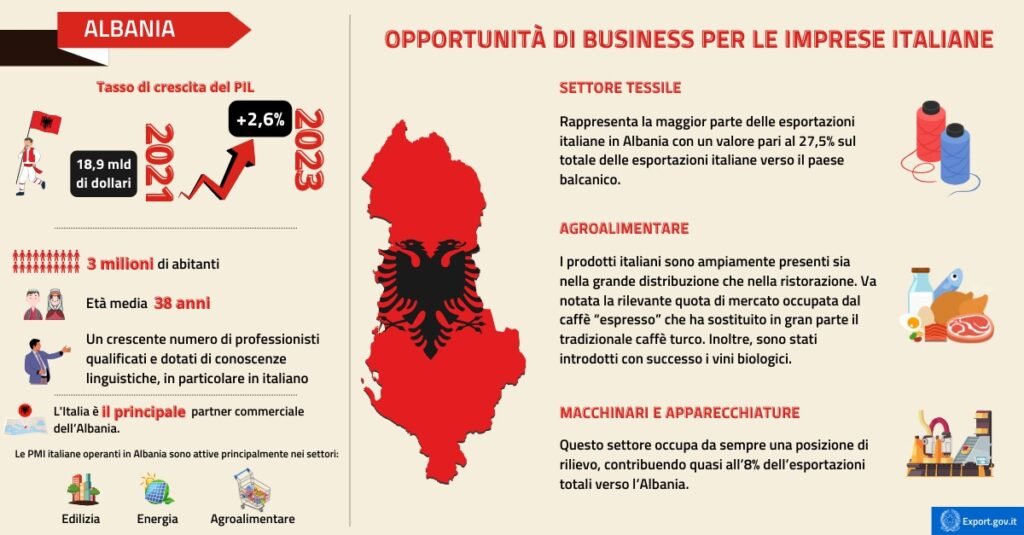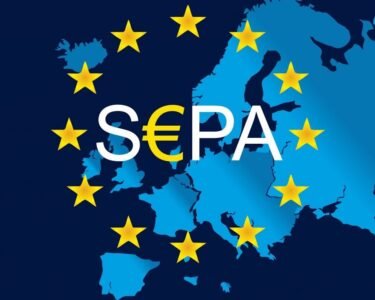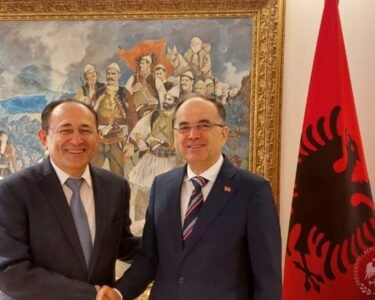There are about 2,675 companies with Italian participation currently operating in Albania. Italy is the leading country in terms of the number of active foreign companies. But there are still many opportunities for the development of Italian business activities on Albanian soil that are not adequately exploited.
For Italian companies, Albania is one of the most attractive markets, and not only because of its geographical proximity. With a GDP of about $19 billion, debt down to 63.5% of GDP, the country has very compelling characteristics for those looking to invest: very low taxation, steady growth driven by services and construction, low labor costs even for skilled jobs,38-year average age of the population, widespread knowledge of the Italian language
The Albanian economic system is increasingly elastic and open, the weight of state bureaucracy tends gradually to decrease, and an entrepreneurial mentality is widespread .
The government in Tirana is committed to simplifying regulations and procedures to create an investment-friendly environment also with a view to Albania's entry into the European Union.
In 2018 a Stabilization and Association Agreement (SAA) between Albania and the EU, eliminated tariffs on more than 60 technology products. Preferential treatments were applied to products from the EU. Duties on some industrial, agricultural and fishery products were totally abolished.
The Digital Agenda 2015-2020 has not only opened up to innovations in technology but also facilitated the construction of infrastructure and the creation of innovative startups, all supported by legislation on the subject very much.
AIDA was created, Albanian Investment Development Agency, a government agency tasked with facilitating foreign investment through bureaucratic simplifications and facilities.
Based on indications from this agency among the most promising sectors for investment is renewable energy, which is also linked to the development of natural resource assets. Cobalt, nickel, platinum and copper are the most important strategic natural resources.
The world's largest natural hydrogen deposit was recently identified in a waterhole at a depth of about 950 meters inside the Bulqizë mine from which about 220 tons of hydrogen escapes annually.
Other attractive sectors for investment include : tourism, manufacturing, agriculture, transportation and telecommunications.
The trade interchange between Italy and Albania is about 3.6 billion euros. and places Italy as Albania's main trading partner. 43.6% of Albania's exports are directed to the Italian market. In addition, Italy holds the record as Albania's first supplier, counting for a quarter of its total imports.
Italian exports to Albania account for 22% of total Albanian imports. The main sector of activity is textiles with a value of 27.5% of total Italian exports to this country. Then there is the agribusiness sector with 13.6%, followed by machinery and equipment ( 8%). Other important sectors are: footwear, mechanical, construction and chemical. Very widespread is the consumption of Italian espresso coffee, which has almost completely supplanted the traditional9n consumption of Turkish coffee.
The Rama government has introduced important changes involving the reduction of the VAT rate to 6% for advertising services offered by audiovisual media (TV),the reduction of 10% on the VAT rate for the supply of electric buses; the maintenance of a tax-free regime on VAT for imports of agricultural machinery; and the abolition of VAT on imports of raw materials for the production of medicines in the country.
The outlook is bright for Italian entrepreneurs. What is needed now is more courage and coordination in choosing strategic sectors to focus on, among which is renewable energy

Source: export.gov.uk





